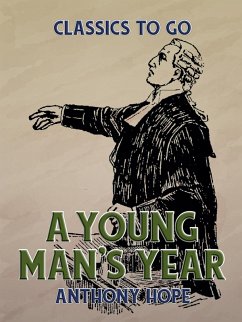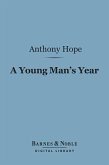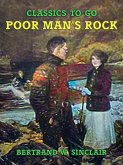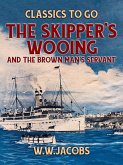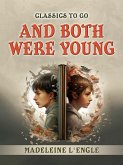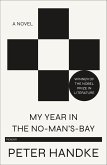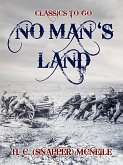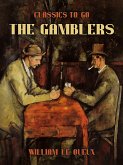Excerpt: 'It was a dark, dank, drizzly morning in March. A dull mist filled all the air, and the rain drifted in a thin sheet across the garden of the Middle Temple. Everything looked a dull drab. Certainly it was a beastly morning. Moreover-to add to its offences-it was Monday morning. Arthur Lisle had always hated Monday mornings; through childhood, school, and university they had been his inveterate enemies-with their narrow rigorous insistence on a return to work, with the end they put to freedom, to leisure, to excursions in the body or in the spirit. And they were worse now, since the work was worse, in that it was not real work at all; it was only waiting for work, or at best a tedious and weary preparation for work which did not come and (for all that he could see) never would come. There was no reason why it ever should. Even genius might starve unnoticed at the Bar, and he was no genius. Even interest might fail to help a man, and interest he had none. Standing with his hands in the pockets, listlessly staring out of the window of his cell of a room, unable to make up his mind how to employ himself, he actually cursed his means of subsistence-the hundred and fifty pounds a year which had led him into the fatal ambition of being called to the Bar. 'But for that it would have been impossible for me to be such an ass,' he reflected gloomily, as he pushed back his thick reddish-brown hair from his forehead and puckered the thin sensitive lines of his mouth into a childish pout.'
Dieser Download kann aus rechtlichen Gründen nur mit Rechnungsadresse in A, B, BG, CY, CZ, D, DK, EW, E, FIN, F, GR, HR, H, IRL, I, LT, L, LR, M, NL, PL, P, R, S, SLO, SK ausgeliefert werden.

